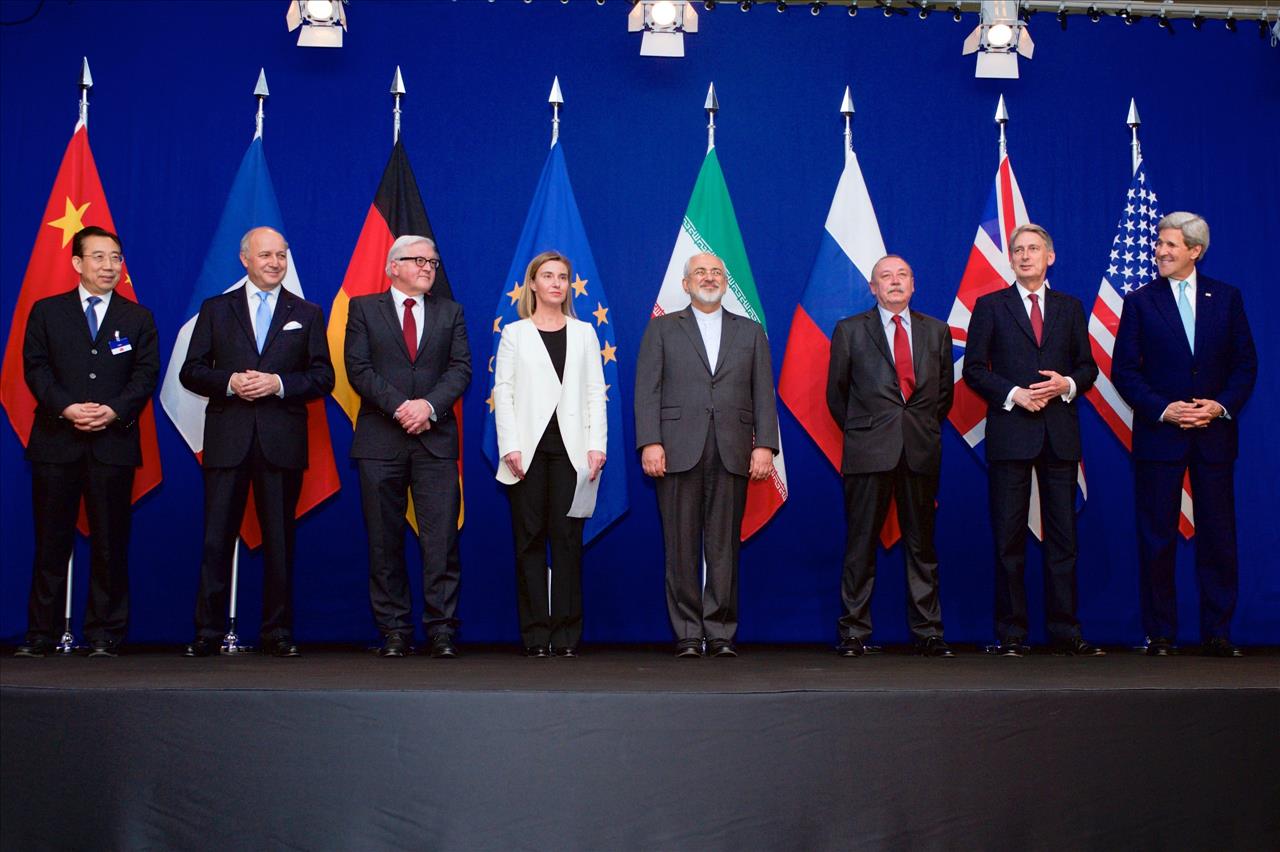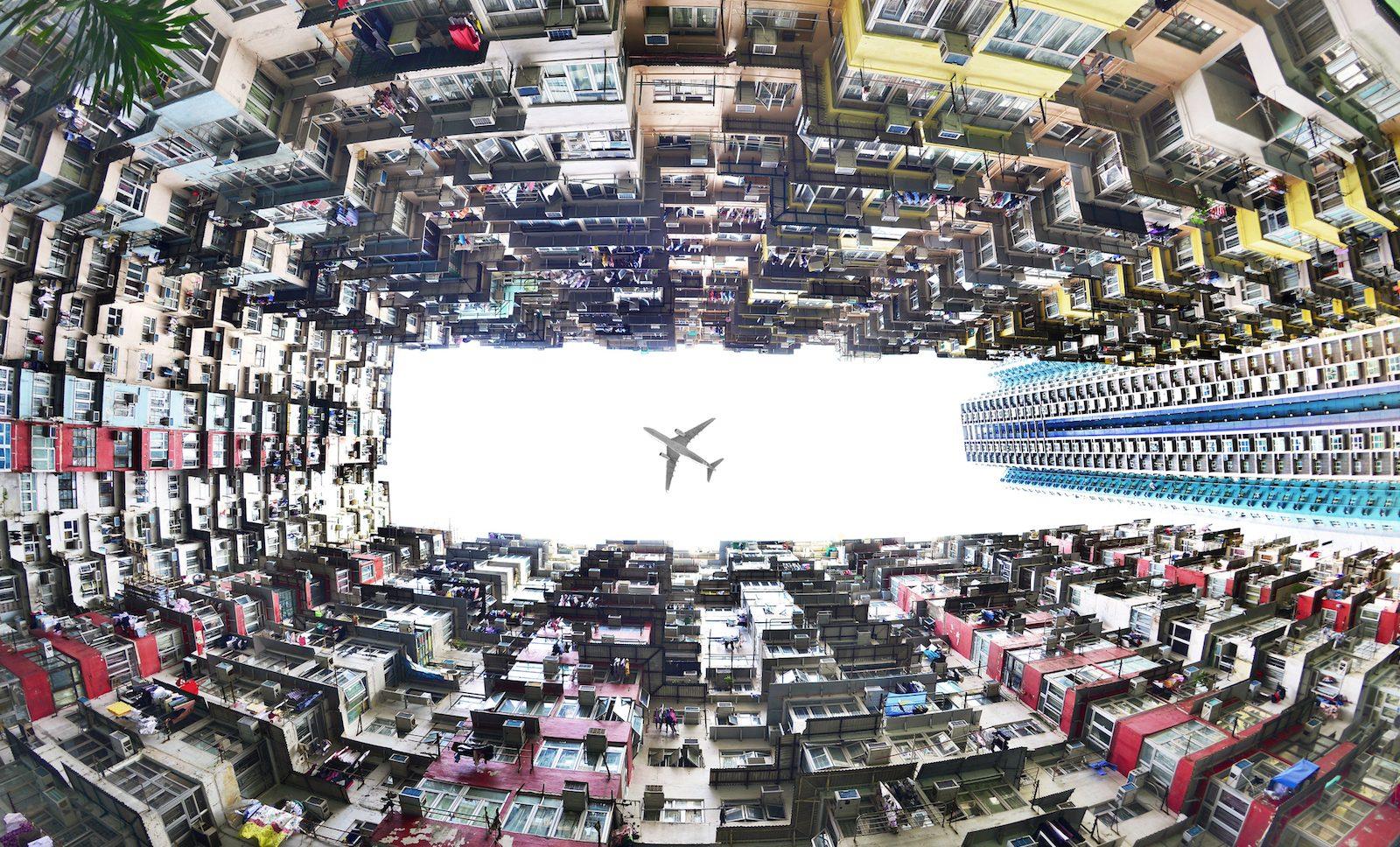Latest stories

Iran-US secret backchannel talks are a good sign

Xi tells Biden not to curb China's tech sector

India losing friends and looking vulnerable This might seem innocuous – the company name Playmode certainly is trying to project some sort of innocence. However, the paradoxes at play here – nature but not nature, rugged but comfortable – are central to Hamaguchi's subtle but profound critique of the contemporary forces of a corporate, gentrifying capitalism and its impact on traditional Japanese life and rurality.
Scenes from real life Takumi is a man of the earth, embodying the village's connection with nature. His role as a woodcutter and water-gatherer crafts a rich tapestry of the rhythms of rural existence. His observations, whether about the local flora or the nuances of woodland life, resonate with the film's understated yet profound narrative style.

Once the villagers all become aware of the potential development and impact on local water quality, risk of wildfires and disruption to wildlife, a town hall meeting is held, to which two company agents are sent to try and appease the villagers. But the pair are useless and know they are.
They are woefully unaware of the damage their company is doing to the village and their role in it. This sort of toeing the company line is eerily close to what cultural theorist Hannah Arendt termed“the banality of evil ,” when people who mindlessly follow orders become complicit in large-scale acts of violence.
This town hall meeting scene, where villagers voice their concerns about water quality and the risk of wildfires to company agents, serves as a brilliant microcosm of the broader struggle between communal values and corporate interests.
For those of us familiar with environmental activism, particularly in small communities, the town hall scene is all too familiar. The frustration of being presented with corporate spokespeople who team up with local politicians , neither group being really interested in listening or acting on local concerns, is well known. It is sadly too common a sight within the realm of local politics and environmentalism.
A powerful example of this sort of scene came in 2015 from a farmer in Nebraska in the US who asked a pro-fracking committee to drink the tap water after it was claimed to be safe. This video still circulates on social media.
A changing social fabricThe encroachment of Playmode is not just a threat to the village's environmental harmony, but also to its social fabric. The company's plans to create an enclave for tourists in the local village, is emblematic of capitalist urban expansion and shows disregard for the intrinsic value of the community's way of life.
The villagers' resistance, portrayed through their articulate and passionate defense of their land and lifestyle alludes to countless real life resistances against the commodification of nature and culture. It conjures up recent striking images of villagers and activists in the small German village of Lützerath , where locals are being evicted to make way for a new coal mine.
I was also reminded of the Standing Rock protests against the Dakota Pipeline in 2016 in the US, where the resistance was conducted mostly by indigenous people.

Sign up for one of our free newsletters The Daily ReportStart your day right with Asia Times' top stories AT Weekly ReportA weekly roundup of Asia Times' most-read stories
Evil Does Not Exist is a subtle yet powerful critique of capitalism, told through the lens of a small, traditional village facing the pressures of modern economic forces. Hamaguchi's film is a wonderfully poignant reminder of the often-overlooked consequencesof economic development and the resilience of communities in the face of such challenges. It's a narrative that not only tells a story of a single village but also speaks to a more universal struggle between preserving traditional ways of life and the relentless march of capitalist progress.
Oli Mould is a professor in human geography at Royal Holloway University of London .
This article is republished from The Conversation under a Creative Commons license. Read the original article .
Already have an account?Sign in Sign up here to comment on Asia Times stories Thank you for registering!
An account was already registered with this email. Please check your inbox for an authentication link.